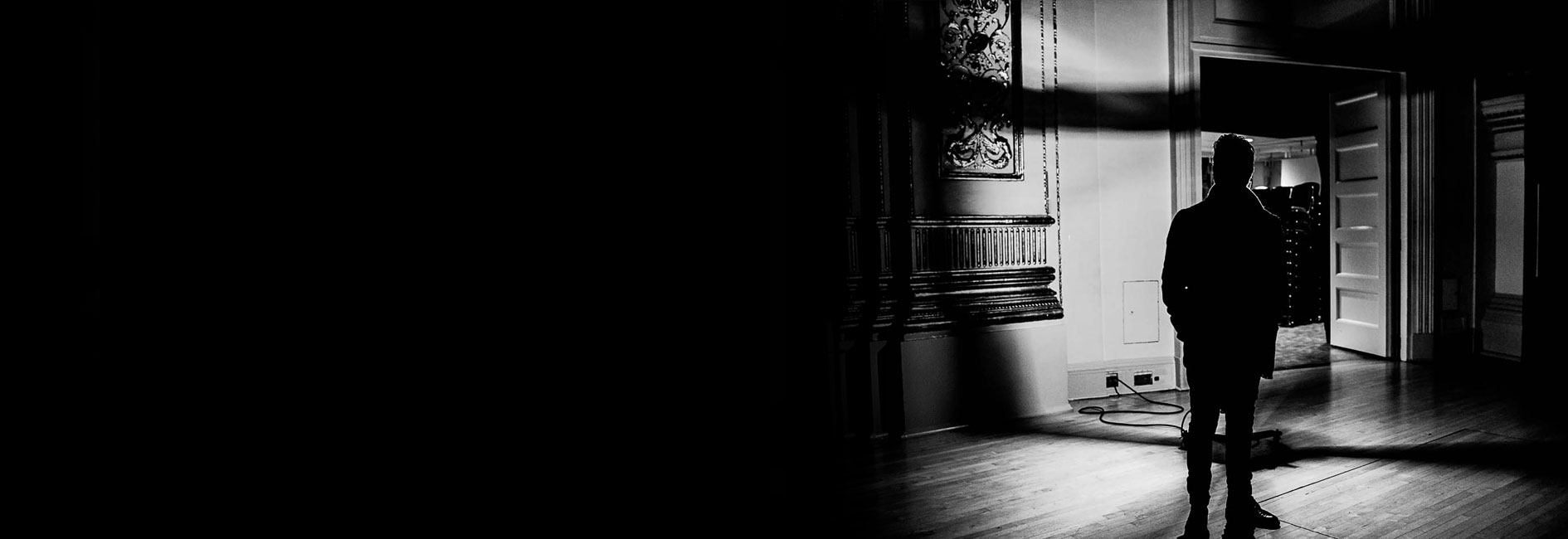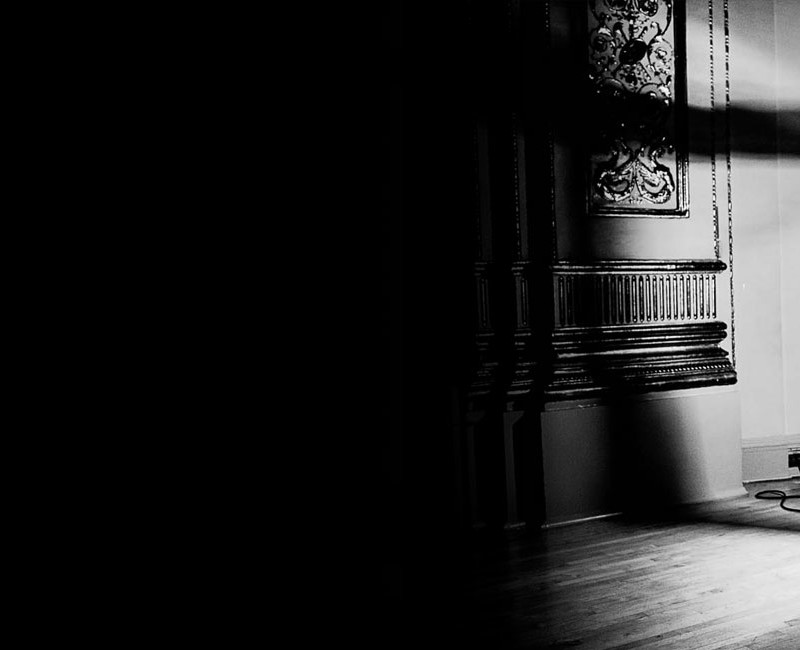Proms 67
04 Sep 2017
Freiburg’s all-Mendelssohn programme had the translucency and energy of a Turner watercolour. Heras-Casado’s spacious reading of The Hebrides was sensitive to the stillness in Mendelssohn’s writing, its elegant arpeggiations, its yearning clarinet motif, and the latent swell of bass and kettledrums.
The beauty of this performance, a wash of pale golds and midnight blues around Faust’s secretive song, was breathtaking, while the architecture of the Reformation Symphony gleamed proudly. (★★★★★)
More at The Times
Even tuning up, the multinational musicians of the Freiburg Baroque Orchestra make a lovely sound, well-anchored by the tug of four period-instrument cellos and three basses, yet buoyant and stippled with upper-wind colours, flutes circling and dipping like a cliff-edge bird colony. Ideal, then, for the Hebrides Overture which opened this Mendelssohn matinee.
With the gentlest of rhythmic swells in the violins, just enough turbulence registered beneath the surface to give an early hint of what would become a subtly revisionist account, formed in the quietly authoritative hands of Pablo Heras-Casado not as an overture with a distinct destination but a tone-poem whose horizons are as limitless as Mendelssohn’s own orchestral imagination. Phrasing the return of the questioning second theme by himself, clarinettist Tindaro Capuano was given – and took – all the time in the world with a soloist’s languid mastery. (★★★★)
More at The Arts Desk
Lightness of spirit ruled in an all-Mendelssohn concert by the Freiburg Baroque Orchestra. No composer of the romantic era takes flight on the back of period instruments like Mendelssohn. In the Violin Concerto Isabelle Faust’s pure, pencil-thin tone soared exquisitely. The nervous energy that the conductor, Pablo Heras-Casado, brought to the Symphony No.5, “Reformation”, helped offset the work’s stolid Lutheran foundations. Above all, the stillness of some of it was almost tangible in the hall. (★★★★)
More at the Finantial Times

